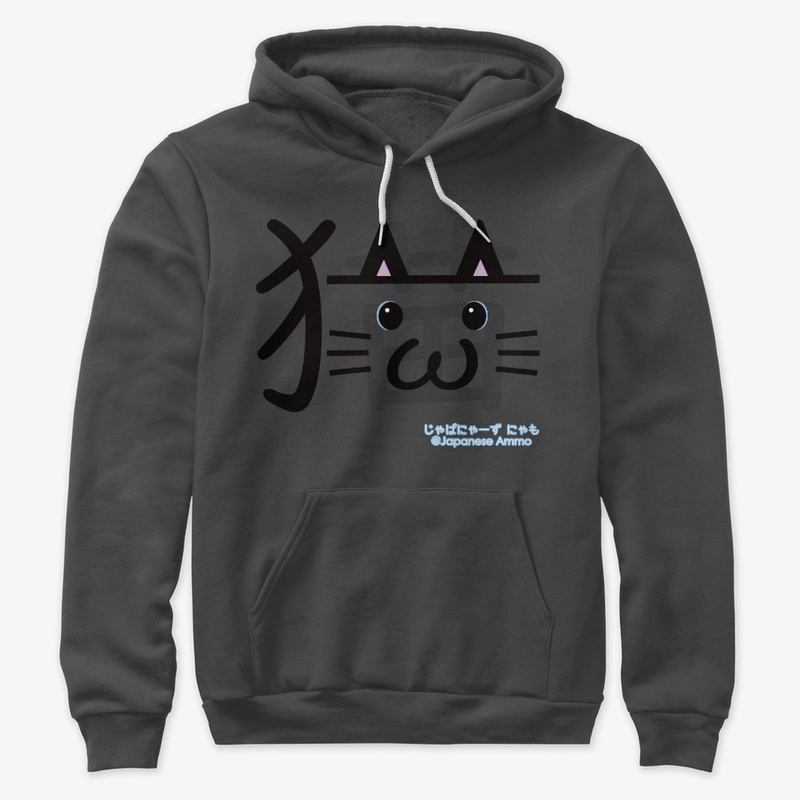Have you seen these? -> ゃ ゅ ょ っ.
They are inceredibly smaller compared to the normal size of や “ya” ゆ “yu” よ “yo” つ “tsu”.
In order to type these, you can just type X in front of ya yu yo like xya, xyu, xyo.
でも (demo – but) you wouldn’t usually type those individually. They will be used with き kI, し shI, ち chI, に nI, ひ hI, み mI, and り rI.
For example:
きゃ kya きゃく KYAku – guest / customer (we usually call them おきゃくさん okyakusan to be polite though.)
きゅ kyu きゅうり KYUuri – cucumber
きょ kyo きょく KYOku – (a piece of) music
しゃ sya かいしゃ kaiSYA – company
しゅ syu しゅみ SYUmi – hobby
しょ syo しょうがない SYOuganai – It can be helped / oh well (phrase)
ちゃ cha おちゃ oCHA – (green) tea, black tea is こうちゃ koucha and ちゃいろ chairo means brown. (Iro means colour)
ちゅ chu ちゅうごく CHUugoku – China
ちょ cho ちょう chou – super- e.g ちょうたのしい! chou tanoshii! Super-fun. ちょうちょ CHOuCHO – butterfly
にゃ nya にゃあ! nyaa! Meow!
にゅ nyu ぎゅうにゅう gyuuNYUu – milk
にょ nyo mmmm….you don’t have to remember this… にょう NYOu – urine…pee is oshikko if you wanna know.
ひゃ hya ひゃく HYAku – hundred
ひゅ hyu there are only two Japanese words that use this ひゅ. But they are not common at all.
ひょ hyo ひょう HYOu – list/chart/diagram, ひょうし HYOushi – bookcover
みゃ mya like ひゃ,there are only few Japanese words.
みゅ myu nope.
みょ myo みょうじ MYOuji – surname (Japanese names come after surname. So Toshi Suzuki would be Suzuki Toshi.)
りゃ rya りゃく RYAku – abbreviation (Japanese people love abbreviations! I’ll write about it later.)
りゅ ryu りゅうがく RYUugaku – study abroad
りょ ryo りょこう RYOkou – travel
Katakana version of ゃ ゅ ょ would be ャ ュ ョ.
I’m not gonna list all like hiragana because つかれた…tsukareta (I’m tired) :p
シャツ SYAtsu – shirts, ユーチューブ yuuCHUubu – youtube, ニュース NYUus – news, リュック RYUkku – backpack
Okay, finally this -> っ(hiragana small tsu) and ッ(katakana small tsu)
いっかい ikkai – once (one time) or first floor, もういっかい mou ikkai! means one more time!
ちょっと chotto – a bit, まって matte – wait, ちょっとまって chotto matte – wait a bit
やった yatta – yay!
バッグ baggu (You will often hear like baKKU as well.) – bag
マック makku – the abbreviation of McDonald’s. Yup, that’s how we call McDonald’s in Japan.
コック kokku – cook / chef. Hey, it’s not cock. You’ve got a dirty hentai (perverted) mind. Joudan. (Just kidding.)
Humm so did you get how small tsu works? It appears when we need to indicate a double consonant sound.
If there were no small tsu in the phrase まって maTte, it would be まて mate
and it would mean “WAIT, you bastard” or “Wait” to your dog. A British and Australian person may say it.
You know, MATE, mate. (Wait, mate.) …not funny? しょうがない。(Oh well.)
Or きく kiku means listen, but if you put small tsu, you get きっく (more correctly, in Katakana – キック) kiKku, which means “kick”.
やった! yatta! If you understood these articles about ゃ ゅ ょ っ and ー, ゛ , ゜ ,
you can say you mastered hiragana and katakana :) I’m proud of you! You are the samurai!
Just for break. I’ll tell you about gyaru moji. Gyaru comes from the word Gal.
But it refers to a girl who usually goes to ghetto-school wearing a ちょう (super) short skirt
and wears tons of make-up and dyes her hair blond or any bright colour.
Their stereotype is “baka” stupid… sorry, gyaru people. But that’s what the majority of people think…
it doesn’t mean they are bad people. Moji means letters (characters) or can mean handwriting too.
Here is the gyaru moji ->
かゎいぃ kawaii – cute (かわいい is correct.) こんにちゎ konnichiwa – hello(こんにちは)ゃだ yada – No way! I don’t wanna ~!(やだ)
As for こんにちゎ, this is horrible. Firstly konnichiwa is a formal phrase, so you cannot write like that formally…
it’s like texting a boss like “Heya, sup, I did a paper 4 u”…even if it’s not small wa, こんにちわ is already bad.
Yeah, WA is わ, but you have to write は for WA here. When I see a Japanese person writing like that, I feel like I wanna punch her/him in their ass.
They are still okay. Here comes worst ones. : こωL=ちレ£…eh? It’s not even Japanese characters…yup. That’s right. It’s not.
But they think it does look like Japanese. The first letter is normal こ ko. The second one is ω greek letter that looks like ん n.
The third and forth together L= becomes に ni and then normal ち chi. And the last two レ£ make は ha/wa.
こωL=ちレ£ = こんにちは konnichiwa… Crazy….
If you ever get an email from a Japanese girl who texts like that, just ignore it…maybe. I would…








may i ask something? isn’t sha, shu, sho instead of sya etc? this is how i read in on textbook..
good work on everything you do about teaching via here or youtube, it really helps us out.
p.s taking advantage of your kindness, can you suggest me what is the best way of learning kanji? i am doing the kanji textbook on class, i am onto 70 kanji up to now, but no matter how hard i study, i observe i start losing touch with previous kanji i have already learned, while shapes and strokes keep becoming more complicated..i tried to search on internet, some say about heisig, some about flashcards, if you were not a native and you wanted to start learning kanji, what would you prefer?